- Provide medical care to the local Foz do Iguaçu community.
- Foster a working relationship between US and Brazilian medical resident educators and learners with a focus on holistic and multi-modal care.
- Reinstate functional relationship with rural communities after COVID pandemic
negatively impacted ability to provide such medical resources to resource-limited communities.
- The community of Foz do Iguacu will be directly served by the volunteer efforts of the
resident physicians who will incorporate into the primary care treatment teams in the local community. By working with the clinic, the people in the immediate area would benefit from evidenced-based consistent primary care and a mutualistic relationship/partnership between cross-cultural medical education.
- The UNILA medical residency program in Foz do Iguaçu and the resident learners are a part of a mutual relationship where all parties learn and develop understanding and appreciation of the other's perspective.
- After the COVID pandemic struck in 2020, global medicine partnerships were negatively impacted. Communities, at a time when they needed medical care the most, were isolated from global health outreach due to travel restrictions and general fears about the pandemic. Now that we better understand the state of the pandemic and travel is once again feasible, it is with great hope that we can foster community programs and educational collaboration.
- Our hope is that over time, through collaboration with Family Medicine residency training programs in Foz Do Iguacu, there will be a greater downstream impact in improving the delivery of primary care in other communities in Brazil.
- The hope is that, once a relationship is streamlined, future generations of medical residents can seamlessly direct efforts to volunteer their time in this clinical location.
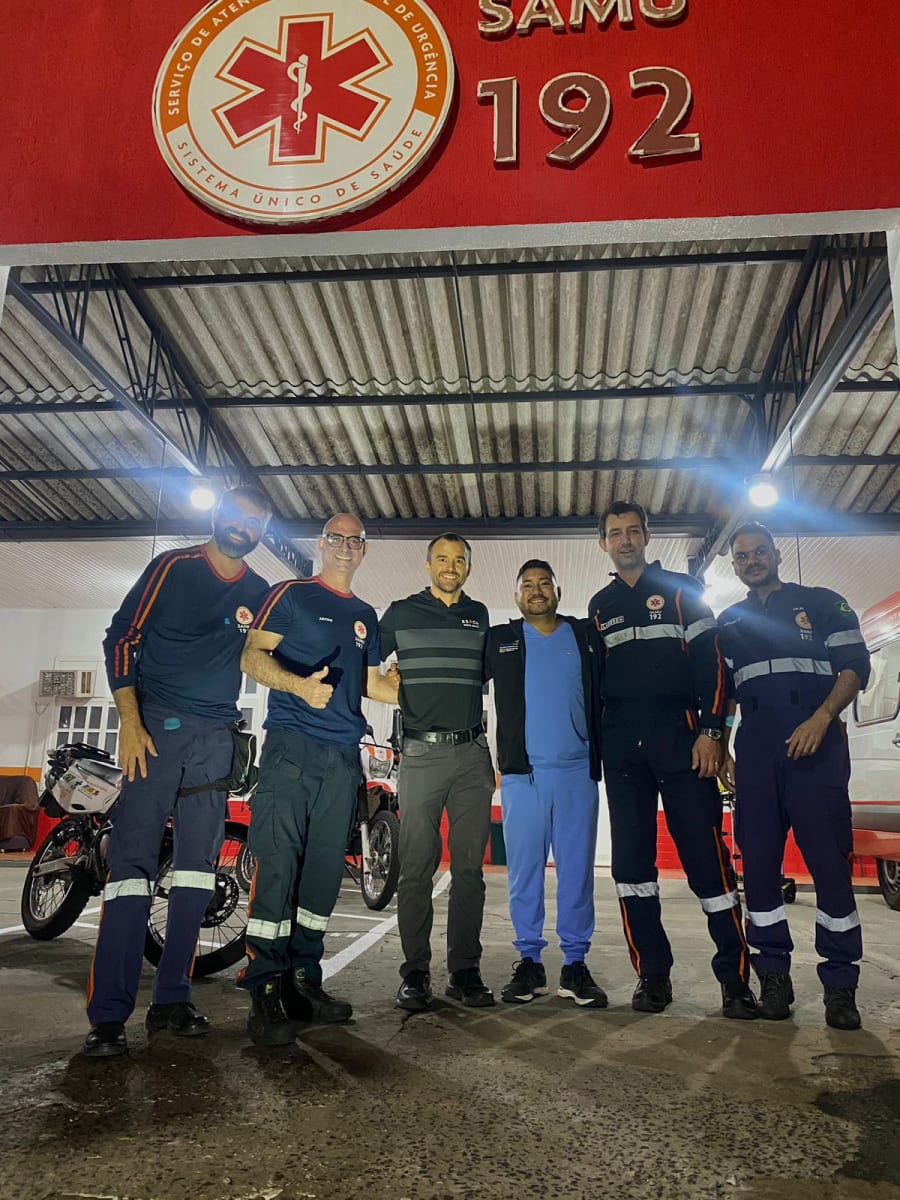
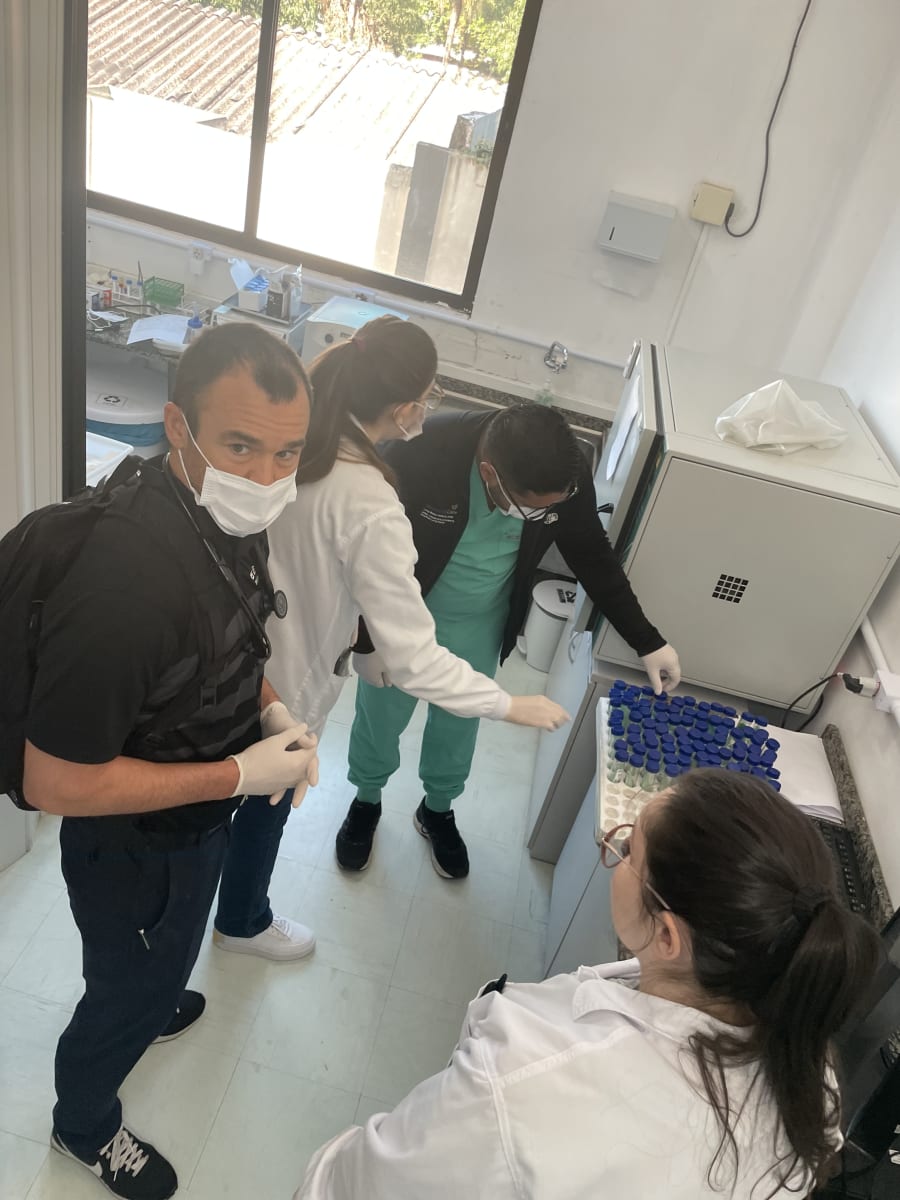

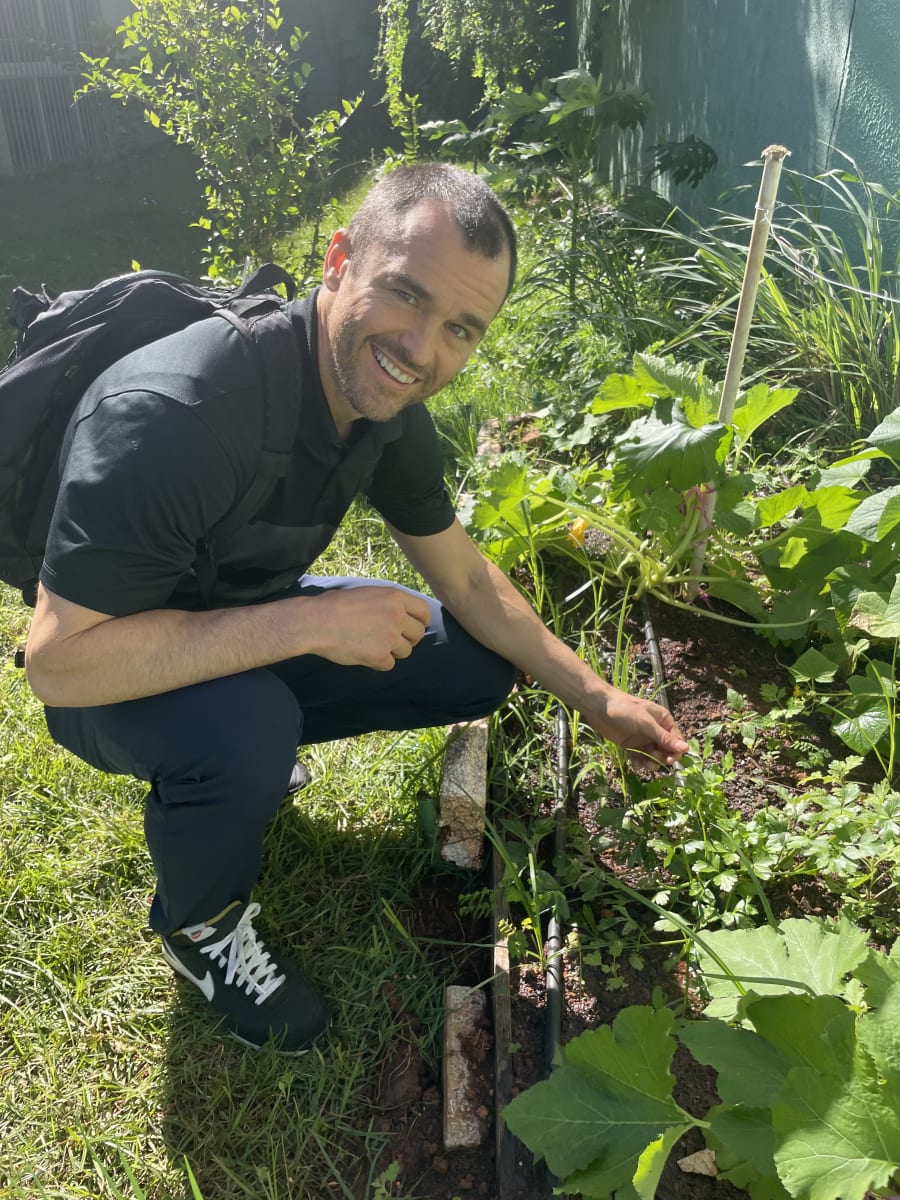


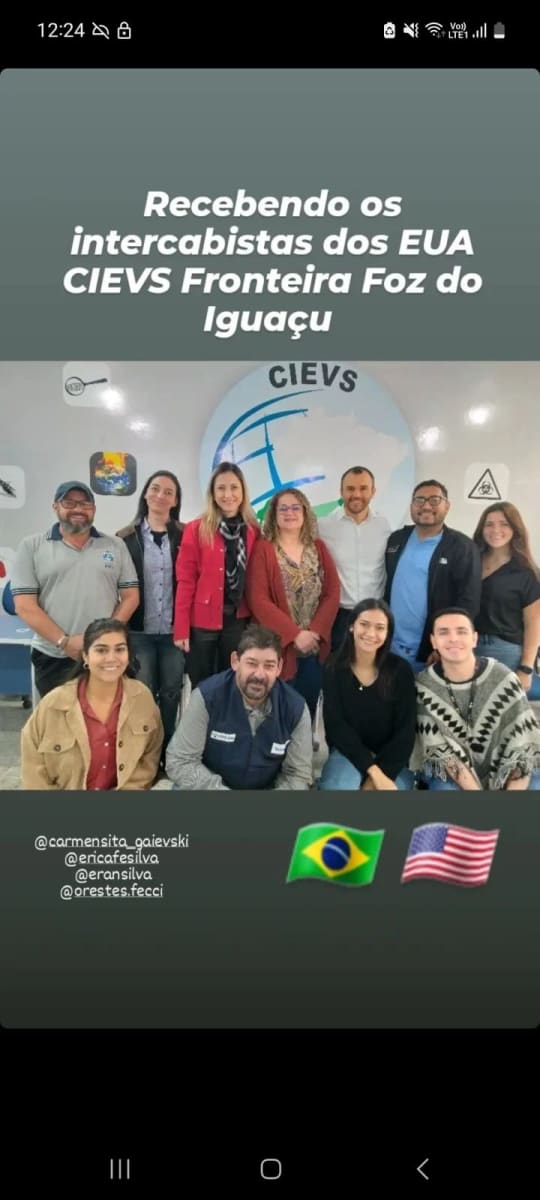
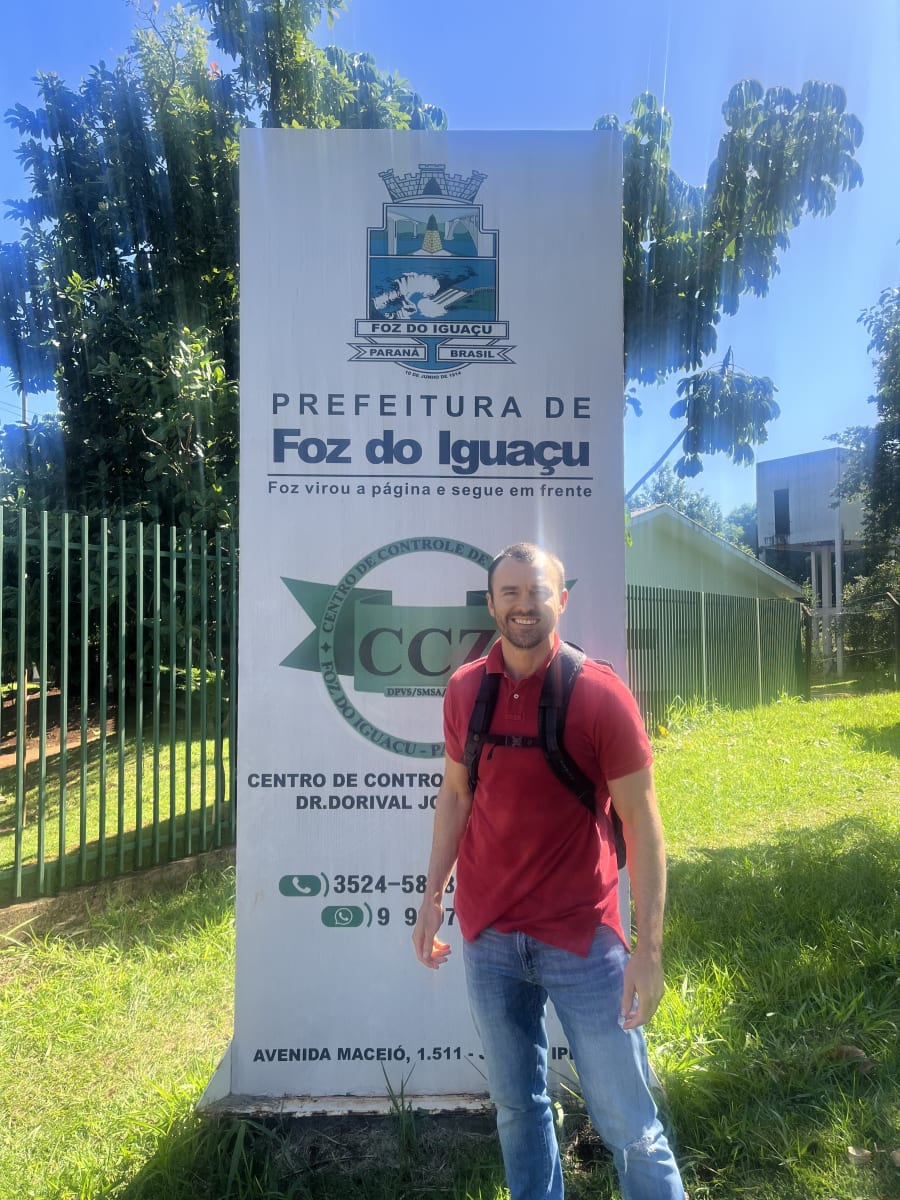








Foz do Iguaçu, Brazil is a city in southern Brazil in the state of Paraná and is home to more than 250,000 people of diverse backgrounds including descendants of European, Chinese, and Lebanese immigrants as well as South American indigenous peoples. The region is a tourist destination as a result of the presence of the Iguaçu Falls and Itaipu hydroelectric dam.
The community is served by both public and private healthcare systems. The National Healthcare System, in Portuguese known as Sistema Único de Saúde (SUS), provides universal and free healthcare to all of its citizens as a feature of the Brazilian Constitution. This public system is government funded through collaborative efforts between state and national programs.
At the front line, primary care physicians are a critical part of this universal system. The (Federal) University of Latino-Americana Integration (UNILA) is a relatively new medical school in Foz do Iguaçu that has tended to generate primary care providers that serve the SUS system. A paucity of primary care providers, specifically in areas outside major metropolitan areas including Foz do Iguaçu, has been a major challenge to the local/municipal SUS, which depends upon generalists for its ability to function.
The multi-modal primary care trip to Foz do Iguaçu represents the first instance of collaboration between Foz do Iguaçu/UNILA and the international medical community. The trip connected primary care providers in the US with physicians within the SUS training system in an effort to bolster both systems at the provider level. The three US providers that made the trip became embedded in the SUS system spending time learning and participating in the government clinics. These clinics included zoonosis, epidemiology, psychiatric services, and primary care clinics. We had the unique opportunity to be welcomed into the homes of iguaçuenses while serving the Centro de Controle de Zoonosis (CCZ) as part of vector control and research specifically targeting mosquitoes; efforts that dampen the effects of diseases like Dengue and Chikungunya.
According to Dr Zaslovski, a head educator and attending physician within SUS, the trip was important on multiple levels including the patient-physician. In addition, he notes that the trip has strengthened the community's awareness and respect for the medical school (UNILA) and will pave the way to future opportunities and collaborations. The interaction between the two system’s medical providers throughout the trip was a critical component of the overall experience.
It is apparent that this collaboration not only was helpful to the local Brazilian community. As we return to the US, we will bring back these valuable experiences with a unique perspective of what an active universal healthcare system can look like and the associated logistics with such a system. It is with our intention that these types of international student/resident exchanges will continue as we move forward now that this groundwork has been set, benefiting the communities of the US and Brazil with deep and meaningful educational and clinical experiences.